What I Wish I Knew Before Getting Dental Implants in Vietnam
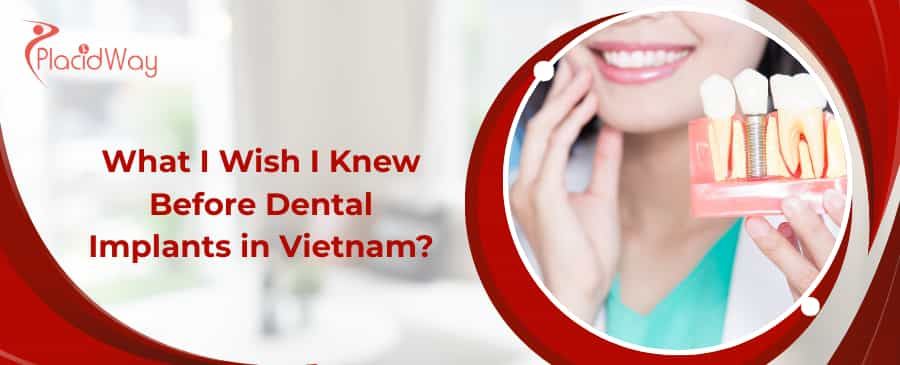
Thinking about dental implants in Vietnam? Many choose it for high-quality care at lower costs than in Australia, the US, or Europe—plus the chance to explore a beautiful country. But success takes more than booking a flight. This guide covers costs, timelines, finding a reliable clinic, and planning recovery so your dental tourism journey is smooth and stress-free.
What is the cost of dental implants in Vietnam?
Dental implants in Vietnam are a major draw for tourists, with single implants starting around $800—far below the $4,000–$5,000 price tag in the US or Australia. Full-mouth restorations like All-on-4 or All-on-6 range from $6,000 to $15,000, compared to $30,000+ abroad. Lower overhead costs let clinics offer competitive prices without sacrificing quality.
The following table provides a general comparison of costs:
| Procedure | Vietnam (USD) | USA (USD) |
|---|---|---|
| Single Titanium Implant | $800 - $1,500 | $4,000 - $6,000+ |
| All-on-4 (per jaw) | $6,000 - $9,000 | $20,000 - $30,000+ |
| Bone Graft (per unit) | $100 - $500 | $1,500 - $3,000+ |
How long does the dental implant procedure take in Vietnam?
Considering dental implants in Vietnam? They’re affordable, high-quality, and a great option for dental tourists.
Why Vietnam:
-
Implants from $800 (vs $4,000+ in AU/US)
-
Full-mouth from $6,000 (vs $30,000+)
Timeline:
-
Trip 1: Implant surgery, 3–7 days stay
-
Heal: 3–6 months
-
Trip 2: Crown placement
-
Immediate-load only for select cases
Are dental implants in Vietnam safe?
To ensure a safe and successful outcome, it's essential to do your research. Look for clinics that:
- Are internationally certified (e.g., ISO, JCI).
- Have transparent websites with dentist credentials and patient testimonials.
- Employ dentists who are members of international professional bodies, such as the International Congress of Oral Implantologists (ICOI).
- Use a strict sterilization process and advanced technology.
While a lower cost can be a red flag in some cases, in Vietnam, it's often a result of the country's lower cost of living, not a compromise on quality. However, always verify a clinic's reputation and standards before committing to a procedure.
What are the risks of dental implants in Vietnam?
Like any surgical procedure, getting dental implants in Vietnam comes with risks. Potential issues can include infection at the implant site, damage to surrounding teeth or blood vessels, and in rare cases, implant failure. These risks are not unique to Vietnam; they are standard for the procedure.
However, dental tourism introduces its own set of challenges.
- Communication Barriers: While many clinics cater to international patients with English-speaking staff, language differences can still lead to misunderstandings about the treatment plan or post-operative care instructions.
- Regulatory Differences: The regulatory environment and standards in Vietnam may not be as strict as those in your home country. This is why choosing an accredited clinic is so important.
- Follow-up Care: A major challenge is what happens if a problem arises after you return home. You'll need to find a local dentist who is willing to take on follow-up care for a procedure done abroad, which can be difficult and expensive.
A reputable clinic in Vietnam will provide a clear post-operative care plan and offer some form of warranty on the work. Make sure to discuss these details and have a plan for follow-up before your trip.
How do I find a good dental clinic for implants in Vietnam?
Finding a reliable clinic is the single most important step for a successful dental implant journey in Vietnam. The best clinics often have a strong online presence and cater specifically to international patients. Here are some key things to look for:
- Online Reviews and Testimonials: Look for reviews on Google, Facebook, and independent dental tourism forums. Be wary of clinics with only a few, overly positive reviews. A wide range of feedback provides a more realistic picture.
- Dentist Credentials: A reputable clinic will proudly display the qualifications and experience of its dentists. Look for dentists who have postgraduate degrees, international training, or memberships in professional dental associations.
- Technology and Materials: Ask about the equipment they use (e.g., CT scans, digital scanners) and the brands of dental implants and crowns. High-quality clinics use the same trusted brands you would find in Western countries.
- Transparent Communication: A good clinic will offer a free online consultation where you can send X-rays and photos to get a preliminary diagnosis and a detailed, itemized quote. This helps you understand the full cost and what is included before you travel.
Choosing a clinic with fluent English-speaking staff, from the receptionists to the dentists, is also vital for clear communication throughout your treatment.
What should I expect during my dental implant consultation in Vietnam?
The dentist will then sit down with you to discuss the findings, your eligibility for dental implants, and the different treatment options available. They should clearly explain:
- The specific implant type and brand to be used.
- Whether you need any preparatory procedures like bone grafting or a sinus lift.
- The total timeline, including the healing period and the number of visits required.
- A detailed, itemized quote that includes all costs, so there are no surprises.
Don't hesitate to ask questions. This is your opportunity to understand the procedure completely and feel confident in your chosen dental team.
How should I prepare for dental tourism in Vietnam?
A well-planned trip is essential for a stress-free dental tourism experience. Here are some preparation steps:
- Research and Consultation: Start your research well in advance. Choose a clinic and have an online consultation. Get a treatment plan and cost estimate in writing before you book anything.
- Travel Logistics: Check visa requirements for your country. Most visitors can get an e-visa. Book your flights and accommodation near the clinic to minimize travel time. Some clinics even offer airport transfers and hotel recommendations.
- Financial Planning: Make sure you have access to funds. While credit cards are accepted in most major clinics, it's wise to have some cash (Vietnamese Dong or USD) for smaller purchases and emergencies. Be aware of any foreign transaction fees.
- Health and Wellness: Inform your dentist of any medical conditions or medications you are taking. Pack any necessary prescriptions. Plan your trip with enough buffer time for rest and recovery, especially after the implant surgery. Avoid strenuous activities and stick to soft foods as advised.
What is the post-operative care like after dental implants in Vietnam?
The post-operative period is crucial for the success of your dental implants. Immediately after surgery, you can expect some swelling and minor bleeding, which is normal. Your dentist will prescribe pain medication and antibiotics to prevent infection. They will also provide specific instructions on how to care for the surgical site.
Key aspects of post-operative care include:
- Diet: You will need to stick to soft foods and liquids for the first few days and avoid chewing on the implant site.
- Oral Hygiene: Your dentist will show you how to clean your mouth without disturbing the surgical area. This may involve gentle rinsing with a special mouthwash.
- Follow-up: The clinic will schedule a follow-up appointment a few days after the surgery to check on the healing progress and remove any sutures.
Before you leave Vietnam, you will receive clear instructions for the healing period at home and a timeline for your second visit. Stay in touch with the clinic via email or teleconsultation if you have any questions or concerns.
Can I combine dental implants with a vacation in Vietnam?
Dental tourism in Vietnam lets you combine treatment with travel, but realistic planning is key. After your implant surgery, you’ll need a few days to rest, avoiding strenuous activity, crowded places, or anything that could risk your recovery. Gentle sightseeing or relaxing activities are best during this time.
On your second trip for the permanent crown, recovery is much shorter, giving you more freedom to explore. By scheduling sightseeing before surgery or after healing, you can enjoy both a healthy new smile and a memorable vacation.
For help planning your dental journey and exploring healthcare options in Vietnam and around the world, consider reaching out to PlacidWay, an expert in medical tourism solutions.


.png)

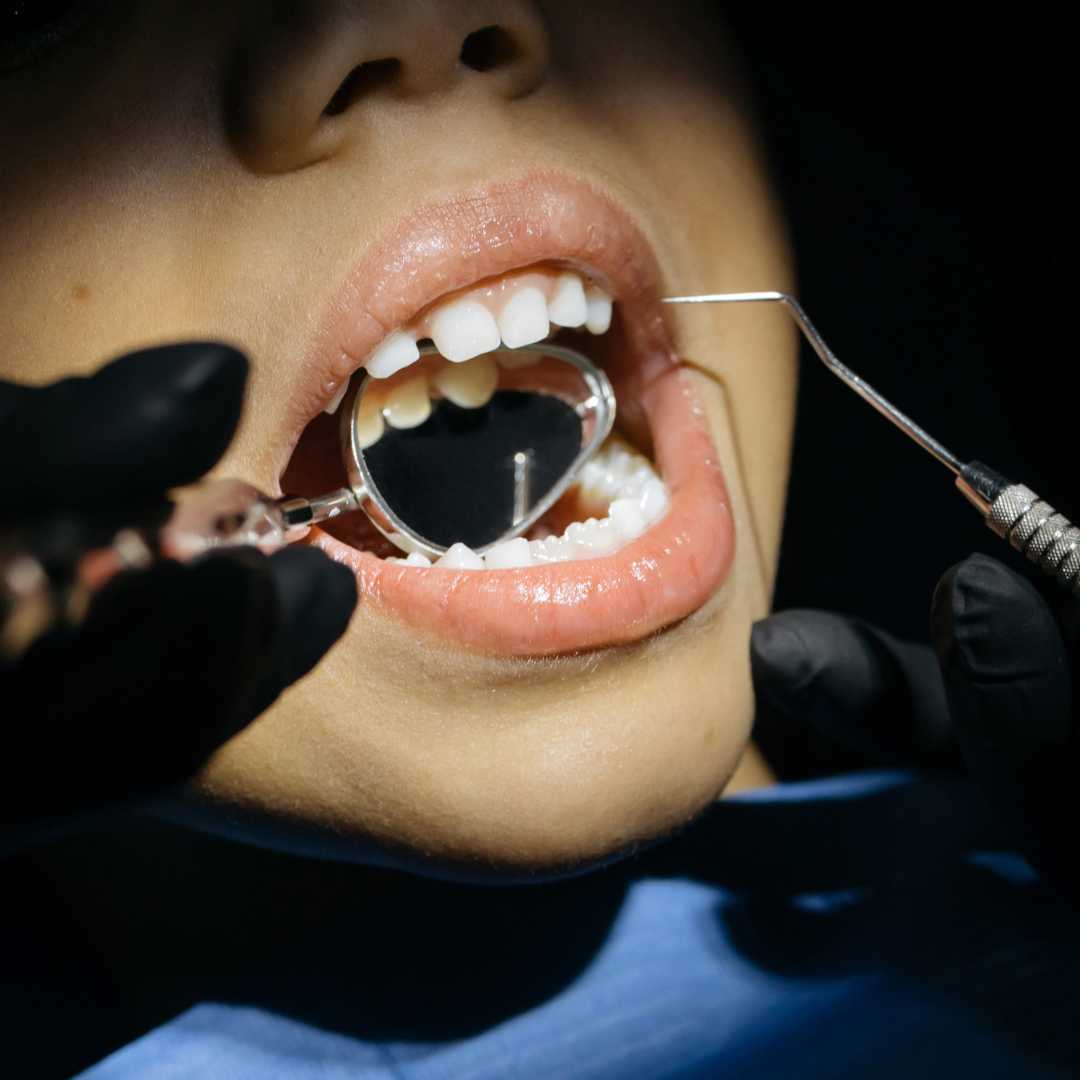

.png)
.png)
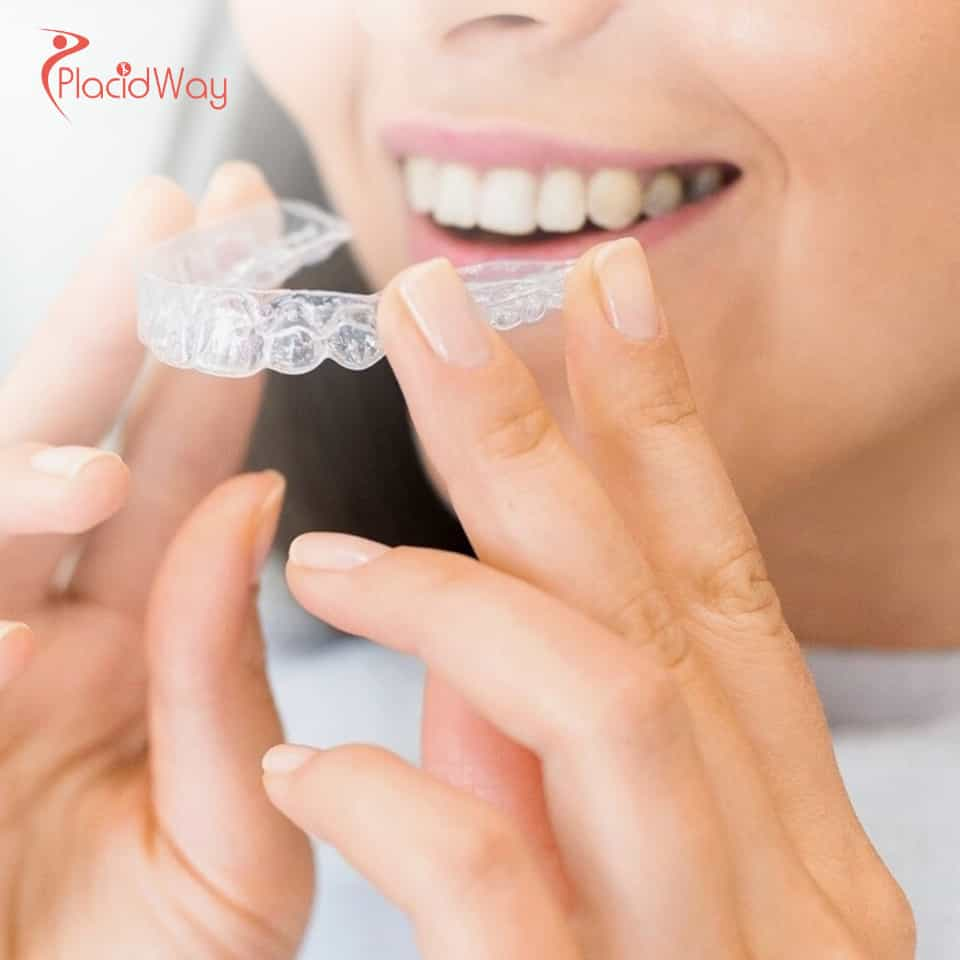

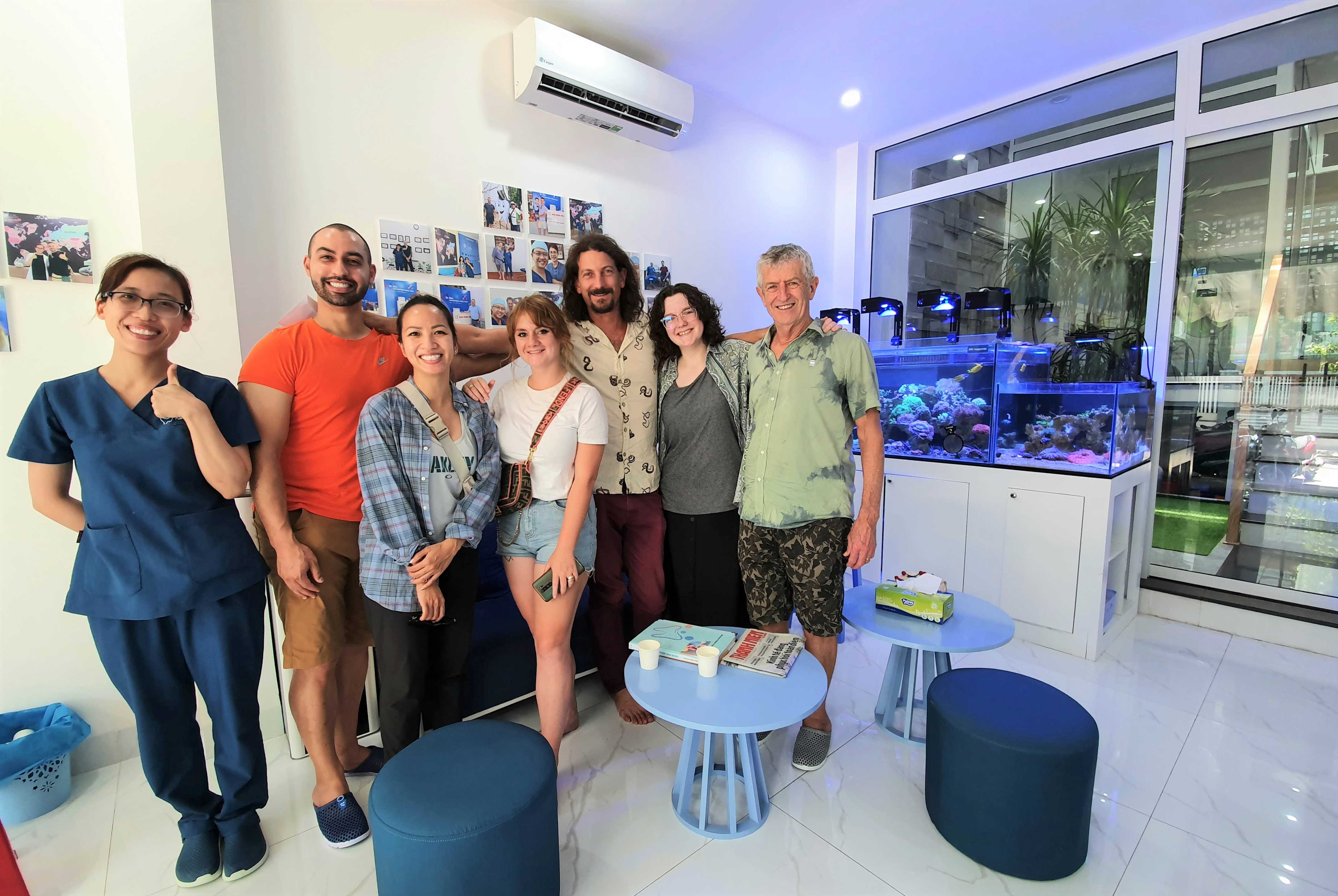
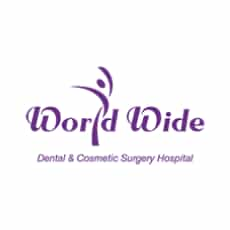
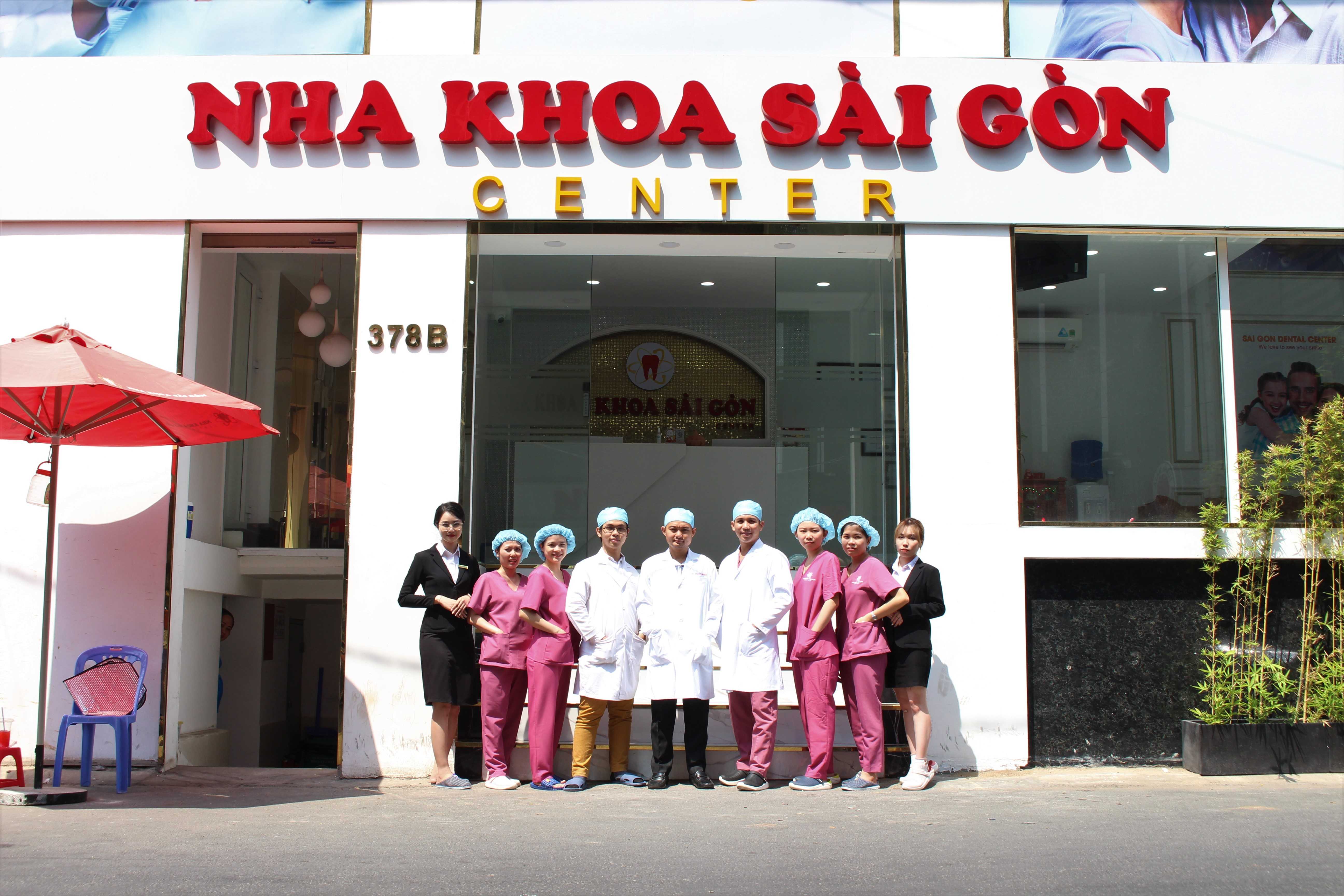
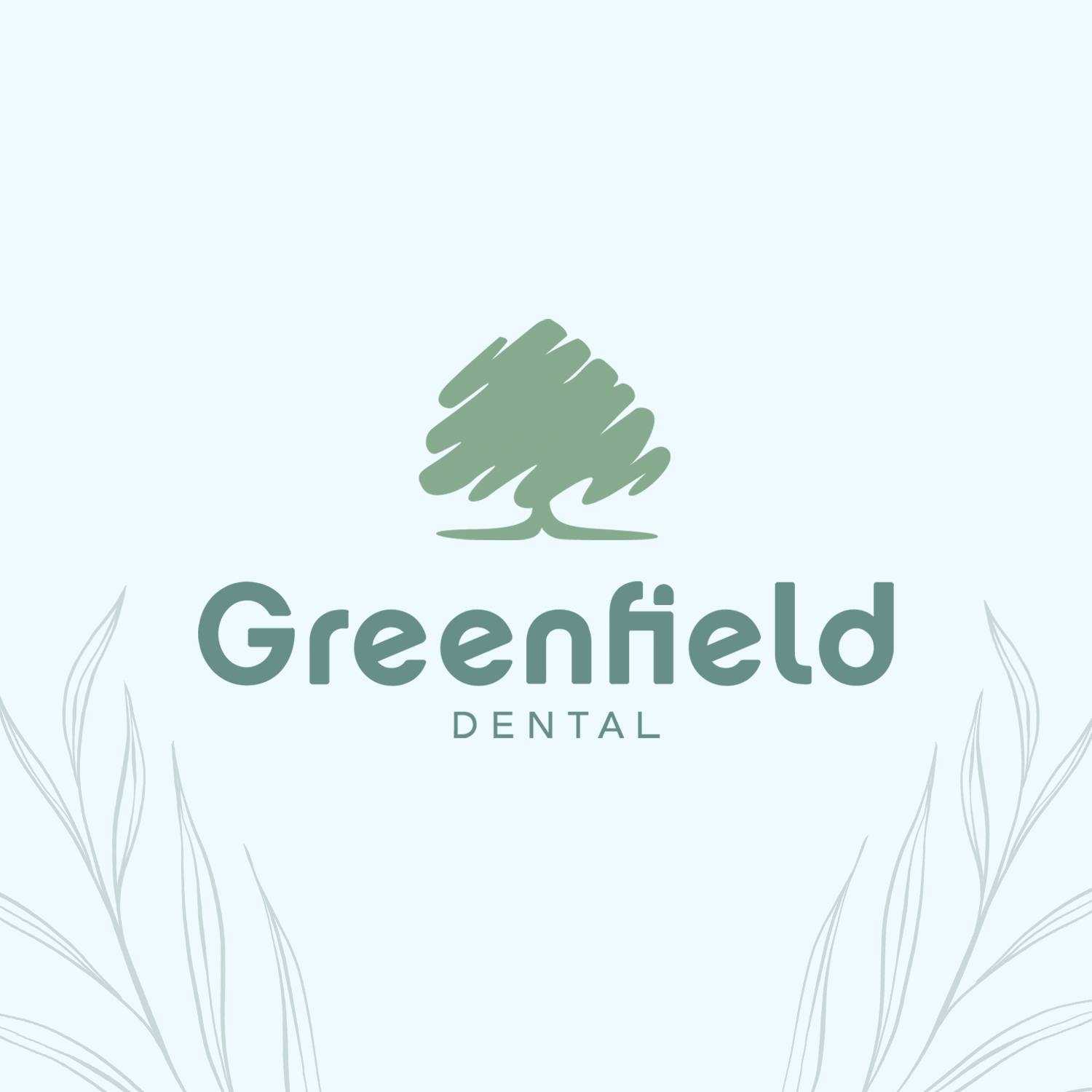
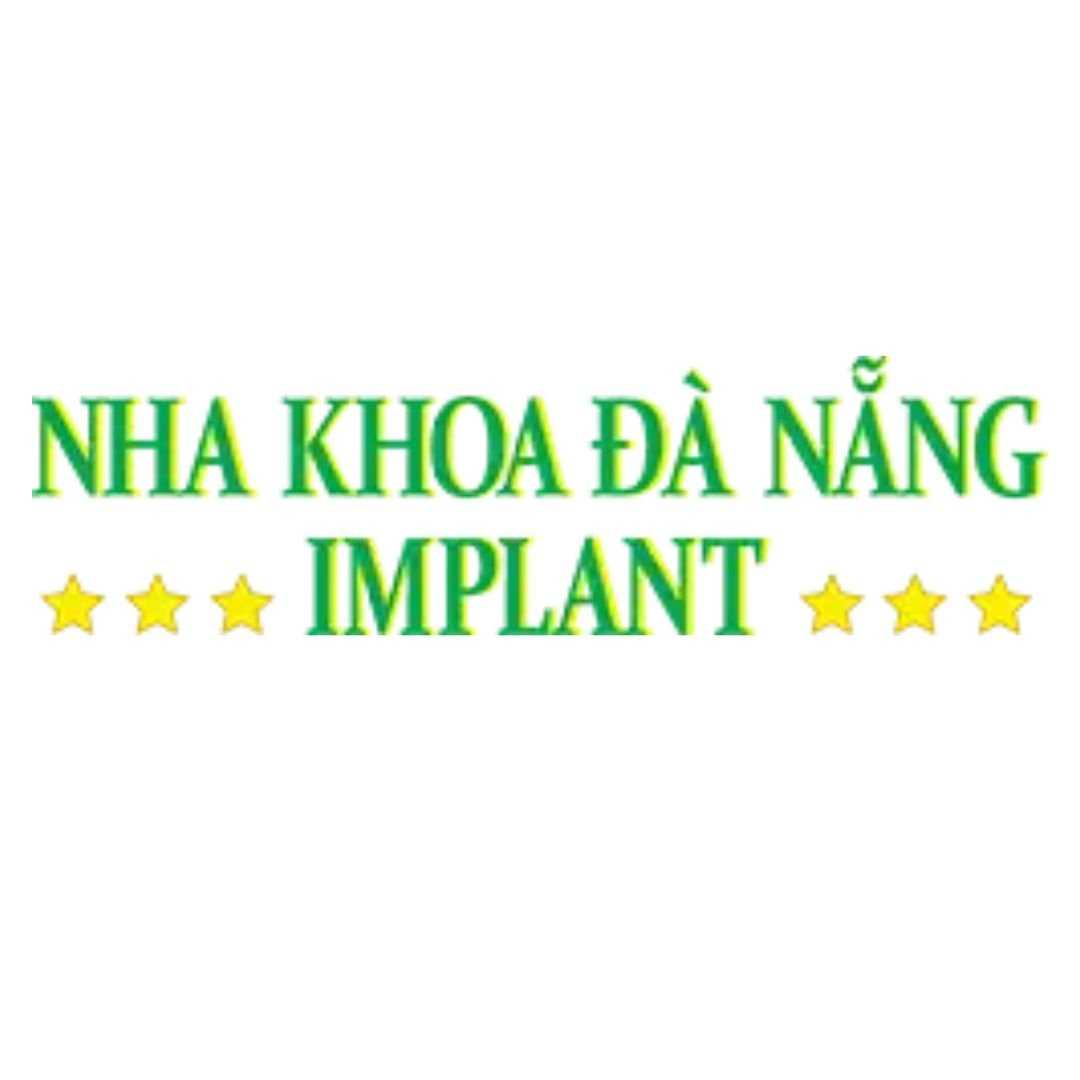

Share this listing